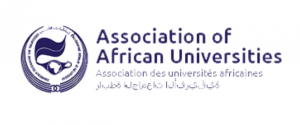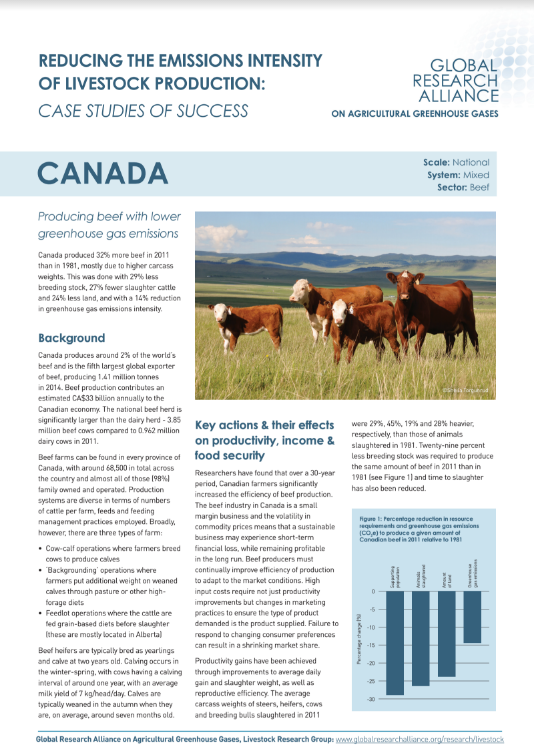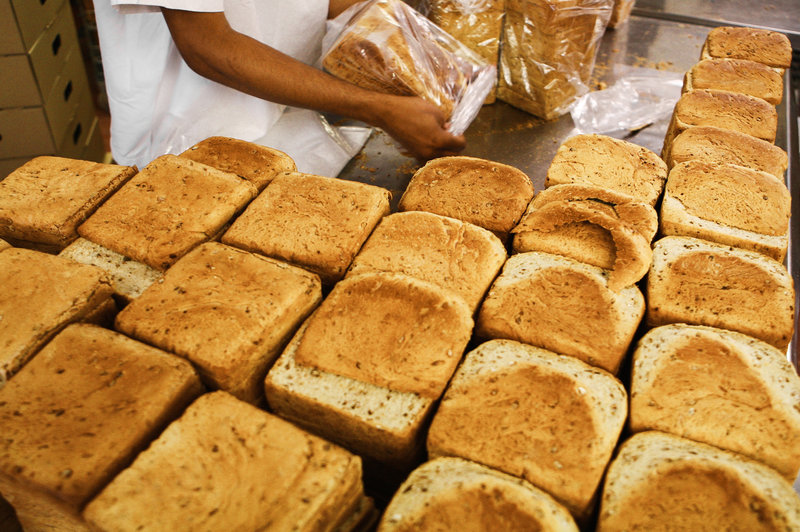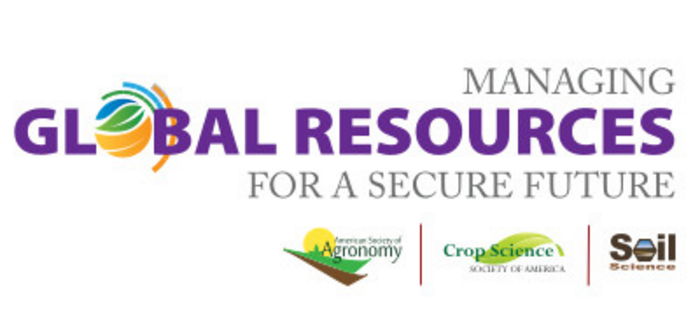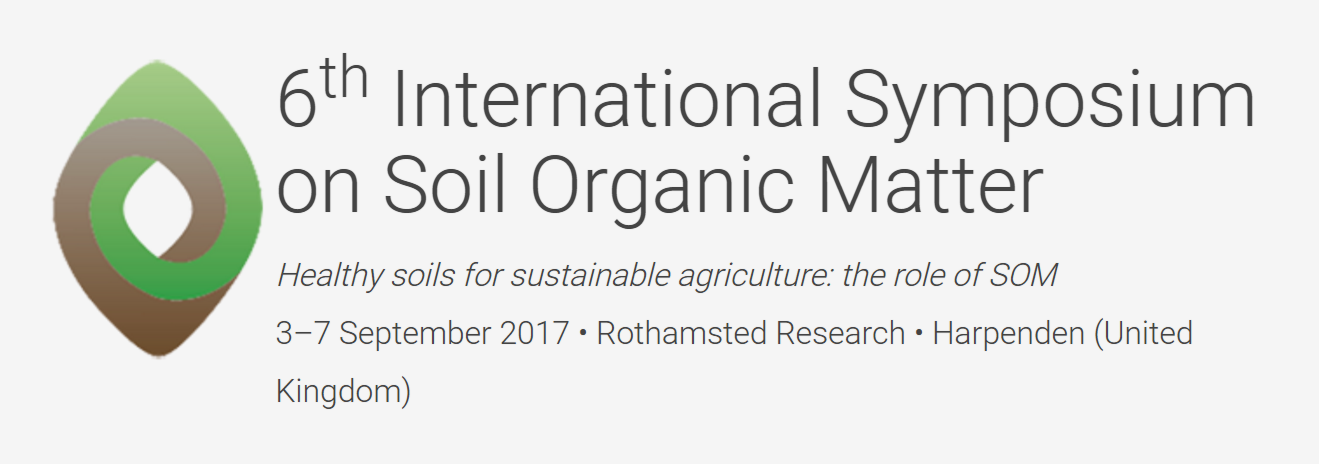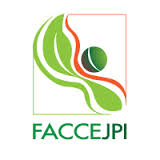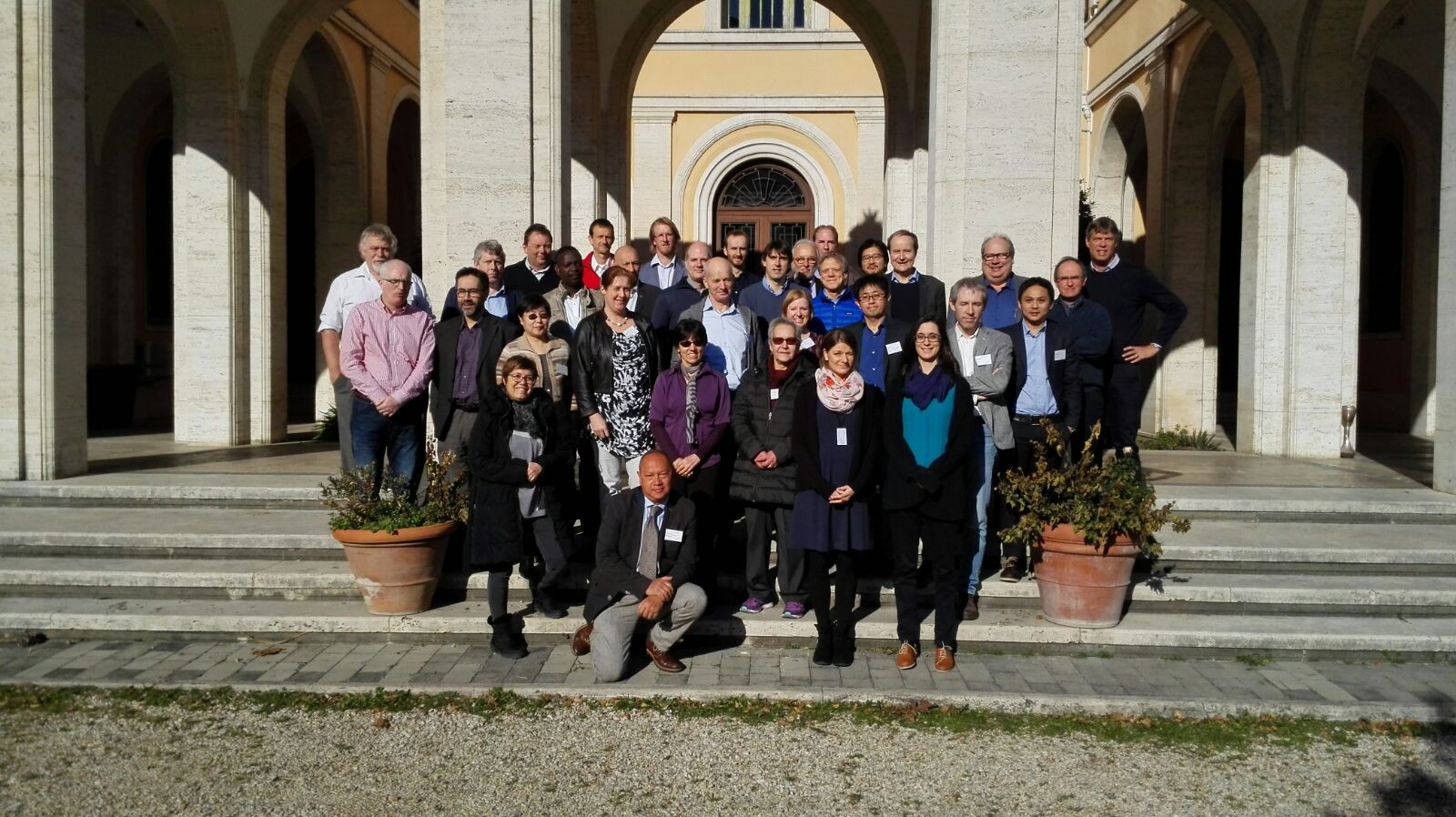The Association of African Universities (AAU) has intensified its support for students from its member institutions to acquire employable skills before graduating from their universities. Through its development partners the African Capacity Development Foundation (ACBF) and the Swedish International Development Agency (Sida), the AAU has secured funds for its member universities in good standing (whose annual subscription payment to AAU is up to date) to offer small grants of up to US$600 per student for graduate internships.
Students may apply online at https://www.aau.org/subs/grin/
The deadline for application is Friday 19th May, 2017.
Conditions for the Award of the Grant
• Grant applicants should be students pursuing post-graduate degree programmes. Applicants should note that the grants are for training purposes only and not meant for the completion of theses or dissertations.
• Applicants shall commit to undertake an internship programme for a period between twelve (12) and twenty-four (24 weeks).
• Applications should be supported with an authorisation note from the Head of Department of the applicant’s university as well as an official acceptance letter from the establishment wishing to host the intern.
• All applicants should submit a detailed curriculum vitae.
• A detailed but confidential supervisory report would be required from the host institution on the progression of the applicant during the period of internship, and from the university of the applicant on academic progress after the period of internship.
• Past beneficiaries of the AAU Internship Scheme are not eligible to apply.
• Consideration would be given to applicants who have no practical work experience.
Selection of successful applications would be based on a quota system revolving around gender (at least 40% of beneficiaries should be females); country (not more than 10 applicants per country) and language (at least 30% from Francophone institutions).
Australia’s Nitrous Oxide (N2o) Network’s website has updated their website.
The network comprises a growing compendium of resources from Australian and international collaborators regarding N2O and associated non-CO2 emissions from agricultural soils. Following a funding proposal in with the Australian government to expand the network, datasets from their international projects and collaborations are being updated to the site.
New Zealand’s Livestock Emissions & Abatement Research Network (LEARN) is pleased to announce their new-look website. The Network, which co-funds annual PhD scholarships and Postdoctoral fellowships and funds quarterly Technical Training and GRASS awards, is sponsored by the New Zealand Government with the aim of building international capability in livestock emissions research.
Read about the current award recipients
The Global Research Alliance’s Livestock Research Group has published a new case study on beef production in Canada. The study discovered that Canada produced 32% more beef in 2011 than in 1981, mostly due to higher carcass weights. This was done with 29% less breeding stock, 27% fewer slaughter cattle and 24% less land, and with a 14% reduction in greenhouse gas emissions intensity.
The Livestock Research Group is documenting countries’ successes in reducing on-farm emissions intensity and increasing productivity and resource use efficiency (or reducing other externalities) of livestock systems. The case studies showcase the diversity of approaches being employed across different livestock systems and scales (local, state and national).
Read the other case studies (scroll down to ‘Success stories in reducing emissions intensity’)
A team of researchers at the University of Sheffield have used a specific UK mill and bakery as a model for the environmental cost of producing a loaf of bread.
They collected and analysed data for emissions involved at every step of the process, including growing the wheat, fertilising it, harvesting the crop, transporting the grains to the mill, grinding the grains into flour, transporting the flour to a bakery and then baking and packaging a loaf of bread. Many stages were energy intensive and involved with emissions — for example, the machinery involved with tilling the soil, harvesting, and irrigation, or the electricity required to operate the mill and the bakery. But the vast majority of emissions — nearly 66 percent — came from growing wheat, with 40 percent attributable just to the use of ammonium nitrate fertilisers.
Read the article here
Abstracts on “Soil Carbon and Greenhouse Gas Emissions” are now invited for the The American Society of Agronomy, Crop Science Society of America, and Soil Science Society of America’s international annual meeting to be held October 22-25, 2017 in Tampa, Florida. The event hopes to host more than 4,000 scientists, professionals, educators, and students with its “Managing Global Resources for a Secure Future” theme.
To submit your abstract, open the link below and navigate to the ASA Section “Environmental Quality” and community “Soil Carbon and Greenhouse Gas Emissions”.
https://www.acsmeetings.org/
A call for abstracts has been announced ahead of the 6th Symposium on Soil Organic Matter to be held 3-7 September 2017 in Harpenden, UK.
Abstracts are invited for the following themes:
• Session 1: Global Perspectives (invited speakers only)
• Session 2: Modelling SOM: from soil pore to climate change
• Session 3: Methods 1: Visualising SOM
• Session 4: Methods 2: Quantifying pools and fluxes of SOM
• Session 5: Soil Health 1: Biological interactions
• Session 6: Soil Health 2: The role of decomposition
• Session 7: SOM as Natural Capital
The deadline for abstract submission is 15 April 2017.
Find information on submitting abstracts here
Register for the conference here
Visit the conference website: www.som2017.org
Enquiries: +49 3641 31 16-366 or email [email protected]
The winter 2017 newsletter from our Partner, Global Open Data for Agriculture & Nutrition (GODAN), is now available.
This issue includes information about the latest documentary from their YouTube channel of a UK farmer utilising satellite data for precision farming.
Read the newsletter here
The latest newsletter from our Partner, the Joint Programming Initiative on Agriculture, Food Security and Climate Change (FACCE-JPI) is now available. This edition includes new funding call and workshop opportunities, and information on their new vice-chairs.
Click here to access the newsletter.
Below are some excerpts from an update on the recent activities of our GRA Special Representative, Hayden Montgomery.
“My very best wishes to you all for a very happy and prosperous 2017.
G7 side-event COP22
In the margins of COP22 in Marrakech, Morocco, on 10 November I represented the GRA in a meeting organised by our vice-Chair, Japan, to follow up on the 2016 G7 Agricultural Ministers declaration – the result of their meeting on 23-24 April 2016 in Niigata, Japan. The GRA was invited to participate in a panel, along with Global Alliance on Climate Smart Agriculture (GACSA), 4 per 1000 on soil carbon, and the FAO’s Global Soil Partnership, to explore ways to cooperate more closely. The event was well attended by G7 members, government officials of other interested countries attending COP22, FAO, OECD, CGIAR, IPCC and other international organizations associated with tackling climate change issues – many of which are Members and Partners of the GRA in their own right. I’d like to thank Japan for organising this event and I will ensure that as we prepare for the next GRA Council meeting in Japan later this year I’ll take the opportunity to continue the sharing of information between these initiatives and explore concrete opportunities for collaboration.
4 per 1000
While in Marrakech, I was also able to participate in the launch of the 4 per 1000. Following the GRA Council’s agreement, I was able to sign the 4 per 1000 Declaration of Intention on the GRA Secretariat’s behalf and participate in the first meeting of its Consortium. I look forward to tracking the ongoing development of this initiative to help ensure that the research being conducted is directed towards common objectives. We are already taking steps to ensure that the Soil Carbon Sequestration Flagship is well coordinated with the International Research Programme of the 4 per 1000.
IPCC observer status
Following consultations with the IPCC Secretariat, on 28 November 2016 the GRA Secretariat sent a letter to the IPCC formally requesting that the GRA be admitted as an accredited observer, as per our agreement at Council. We await the decision making process of the IPCC and hope that at its Panel meeting in late March 2017 a favourable decision will be taken.
GRA Partner engagement
While in Marrakech I was also able to meet with a number of GRA partners, including the CGIAR Climate Change, Agriculture and Food Security (CCAFS) programme, Food and Agriculture Organisation (FAO), Global Open Data for Agriculture and Nutrition (GODAN), Climate and Clean Air Coalition (CCAC) and a host of other potential future GRA partners. I will be following up with these institutions in due course.
New GRA member
I’m sure you’ll all join me in welcoming South Africa as the newest and 47th Member of the GRA. I’m delighted that the Membership is still growing and look forward to South Africa participating in subsequent GRA meetings and activities.
GRA Flagship project development
I’m very pleased that we have now established Task Forces for each of the four GRA Flagship projects that were adopted at the Council meeting in October. Now begins the real work of elaborating projects and activities so that we can ensure that the projects meet the needs and expectations of the GRA Members and Partners.
Upcoming events
This week I’ll be in Rome to attend the first meeting of the GRA’s Integrative Research Group – an important milestone in advancing the work of its networks and the elaboration of the GRA’s Soil Carbon Sequestration Flagship project, among others. While in Rome I’ll be meeting with FAO staff to identify concrete ways to align its work with that of the GRA and I’ll be participating in an Expert Meeting on Climate Change, Land Use and Food Security, being hosted by FAO and IPCC. I look forward to updating you on the outcomes of these meetings on our teleconference.
The 17th Global Symposium on Soil Organic Carbon (GSOC17) is a scientific meeting that will be held over three days at FAO headquarters in Rome, Italy, on 21-23 March 2017. This could present an excellent opportunity to make progress in advancing the Soil Carbon Sequestration Flagship and raise the profile of the GRA in this scientific community.
Best wishes,
Hayden Montgomery”
A doctoral research assistant position is available at the University of Wisconsin, Madison, USA for a highly motivated student seeking PhD training in Dairy Science beginning in Fall 2017. The successful applicant will conduct research on dairy cow protein nutrition and the methods for improving and evaluating the efficiency of nitrogen utilisation.
Excess crude protein (CP) in the diets of dairy cows is excreted in the urine as urinary urea nitrogen (UUN). This source of N reduces the environmental sustainability of dairy farms because it can contribute to atmospheric ammonia and nitrous oxide emission and to nitrate contamination of waters. Avoiding excess CP in the ration of dairy cows may contribute to the economic and environmental sustainability of the dairy industry if milk production is maintained.
Applicants must have earned a MS degree (or equivalent) in a relevant field and a record of peer- reviewed publications.
Applications by 1 March 2017. For more information and how to apply click here
From 19-20 January last month the Global Research Alliance’s Integrative Research Group held their first independent meeting in Rome, Italy. At this meeting they reviewed their progress to date and held some discussions on Flagship projects and steps to develop their five Networks.
The meeting was attended by 34 participants from 16 Alliance member countries (Australia, Canada, China, France, Ghana, Ireland, Italy, Japan, Netherlands, New Zealand, Norway, Spain, Thailand, United Kingdom, USA, Uruguay), and invited experts.
The Integrative Research Group was formed after the 2015 Council Meeting after the decision was made to merge two previous cross-cutting groups: Soil Carbon & Nitrogen Cycling and Inventories & Monitoring.
The Meeting Report is now available in the Members’ Area of this website, or read the short Meeting Summary here

